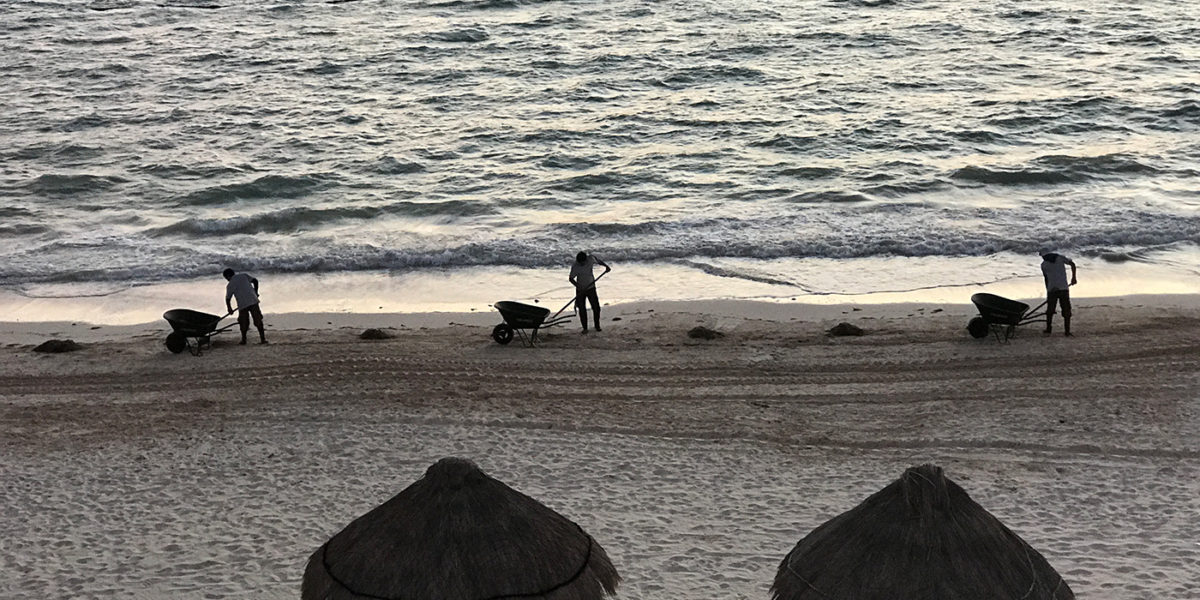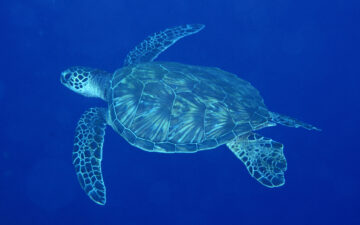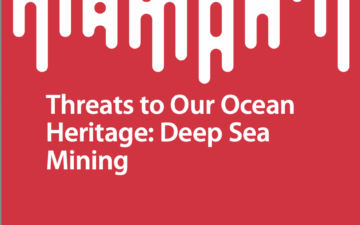49 years ago today the movie, “The Graduate,” first appeared in USA movie theaters and thus enshrined that famous line of Mr. McGuire’s about future opportunities—It is just one word, “Plastics.” He wasn’t talking about the ocean, of course. But he could have been.
Unfortunately, plastics ARE defining our future ocean. Big chunks and tiny pieces, even microbeads and micro-plastics, have formed a kind of global miasma that interferes with ocean life the way static interferes with communication. Only worse. Microfibers are in the flesh of our fish. Plastic in our oysters. Plastics interfere with foraging, nurseries, and growth.
So, in thinking about plastics and how enormous the problem really is, I must say I am grateful to everyone who is working on finding solutions to the plastics IN the ocean, and I am equally grateful to everyone who helps to keep plastics OUT of the ocean. Which is to say everyone who is careful about their trash, who avoids single use plastics, who picks up their litter and their cigarette butts, and who chooses products that do not contain microbeads. Thank you.
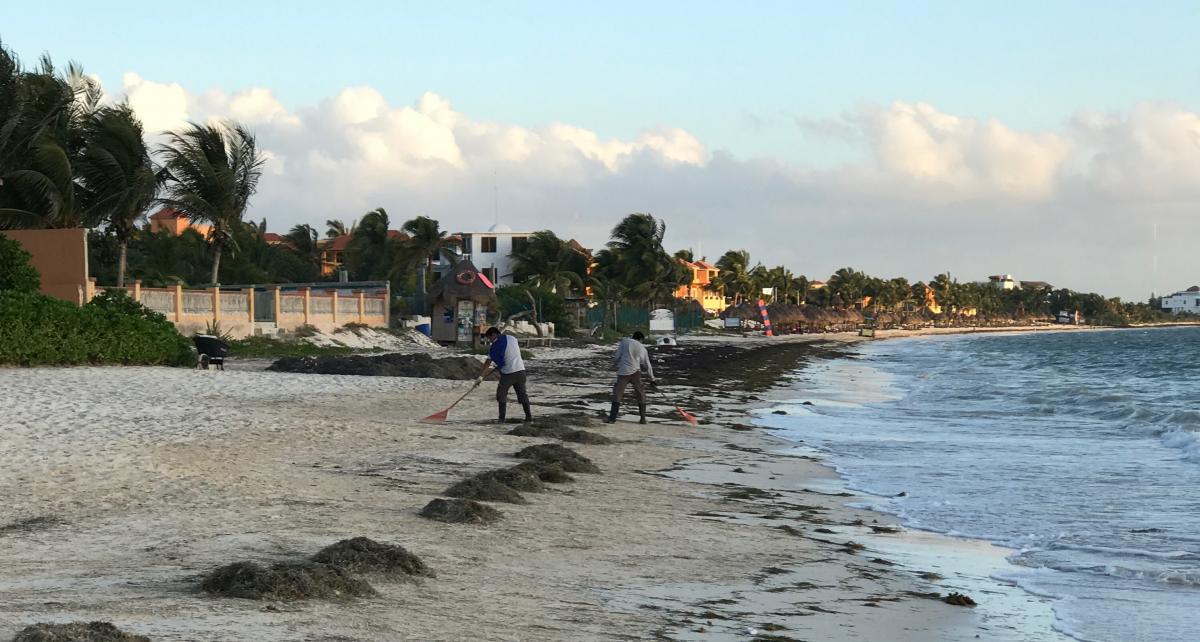
We are excited to be part of the funder conversations about where foundations can invest in plastics effectively. There are great organizations doing good work at every level. We are happy about the progress made on banning the use of microbeads, and hope that other legislative measures work as well. As the same time, it is sad that in some states such as Florida, coastal communities are not allowed to ban single use plastics, no matter what it costs them, or our ocean, to address the consequences of improper disposal.
One thing you notice in our coastal areas is just how much work it takes to keep beaches clean enough for people to enjoy them. One recent on-line beach review I read said
“the beach hadn’t been raked, there was seaweed and trash everywhere, and the parking lot had empty bottles, cans, and broken glass. We will not be back.”
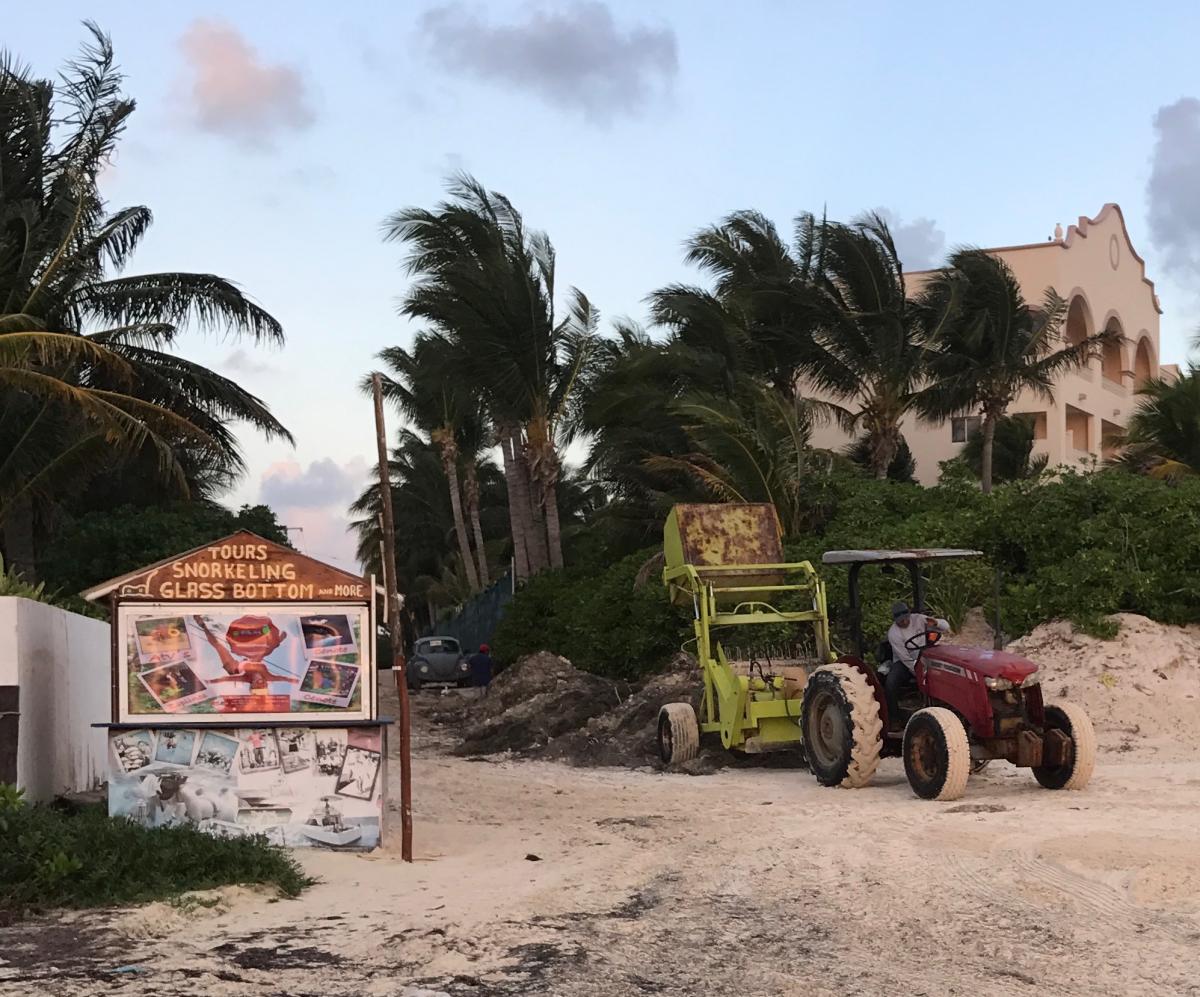
In partnership with JetBlue, The Ocean Foundation has been focusing on how much it costs coastal communities in lost revenue when the beaches look dirty. The seaweed is a matter of nature like the sand, the sea, the shells and the sky. The litter is not. And we expect that island and coastal communities will gain significant economic benefit from better trash management. And some of that solution is minimizing waste in the first place, and making sure it is captured properly. We can all be part of this solution.
